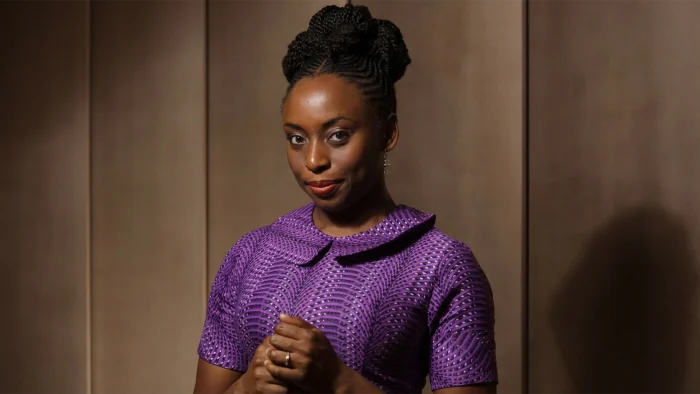
Kissing is an expression of emotions shared by two people. It is one of the rawest acts of intimacy. It is bare and needs no form of initial skills for you to engage in it.
[ad]
In a previous article by The Guardian Life titled “Why Do We Kiss”, we wrote,
“Most people can recall their first kiss. There is an electrifying feeling of excitement when two people kiss for the first time, as it is recognised as the first intimate physical connection, which sometimes determines compatibility. While many believe kissing to be natural and intuitive, other anthropologists argue the practice is derived from “kiss feeding”, an old school process used by mothers to feed their infants by passing food to their baby’s mouths.
The kissing culture dates back to the 2nd century in the Vedic texts, and the Kama Sutra, which originated from ancient India, devotes an entire chapter to modes of kissing.
History suggests that the practice of kissing has been passed on and adapted from one culture to another until it became supernormal and eventually gained significance and purpose in our society.”
Although sometimes, it requires a level of prowess in tongue movement for you to enjoy it. Kissing could be passionate, sexual, or a show of excitement.
It is one of the most engaged intimate acts globally, but there is more to it than you know.
Here is a list of some facts;
One minute of kiss can help you lose calories
Kissing unlocks another method of exercising to burn calories. This show of emotions increases the metabolic rate of the body system and, as such, triggers the body to burn calories. One minute of kissing can burn 2 – 3 calories. According to scientific research, this compares to 11.2 calories per minute a person burns jogging on a treadmill.
Essentially, the longer kissing occurs, the more calories the person is likely to burn.
Over 70 million different microbes are exchanged while kissing
The human mouth contains millions of bacteria, and over 70 – 80 million bacteria are transferred from one person to another when kissing occurs. A kiss doesn’t need to occur for an extended period before microbes are exchanged. It happens within seconds when saliva is exchanged between partners. Research has also found out that partners who kiss each other at least nine times a day share similar oral bacteria. These bacteria are not necessarily harmful, they help to protect the oral cavity and enhance food digestion.
Kissing enhances the body’s resistance to allergy
Itchy eyes, runny nose, mild cough, and all of those allergy symptoms could be reduced with a kiss.
According to a study in the Journal of Psychosomatic Research, kissing for 30 minutes can level down allergy symptoms in people with atopic eczema and mild seasonal allergies. This is because about 300 kinds of bacteria are swapped between two people when they kiss. These living bacteria help the body fight infections better and also shield it from allergies.
Kissing is considered spiritual in some cultures
Kissing is recognised and allowed in about 90 percent of today’s world cultures.
The remaining 10 percent consider kissing as less intimate and more spiritual. It is treated as a sacred act that shouldn’t be toiled with.
Specifically, in some areas in Sudan, it is believed that the mouth serves as a path to one’s soul. So many in these regions avoid kissing, fearing that their soul will be possessed or taken as soon as lip-locking with another occurs.
Kissing functions as a facial care
Locking of the lips uses about 34 facial muscles. This helps in relieving the facial muscles and keeping them tight, preventing baggy or saggy cheeks.
More so, the intensity of a passionate kiss increases tension in the facial muscles, smoothening the skin and increasing blood circulation in the face.
Looking younger may necessarily not be a problem when a person’s kissing routine is clean, healthy, and frequent.
[ad unit=2]








